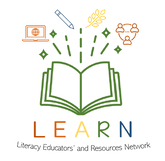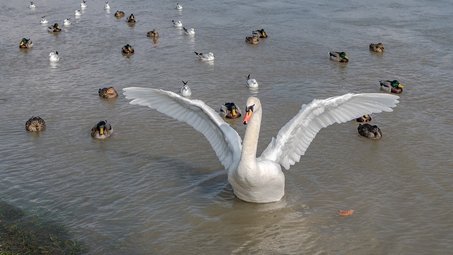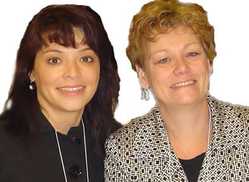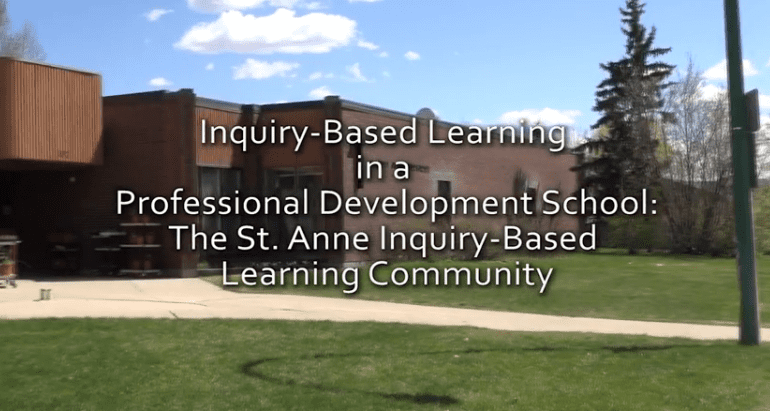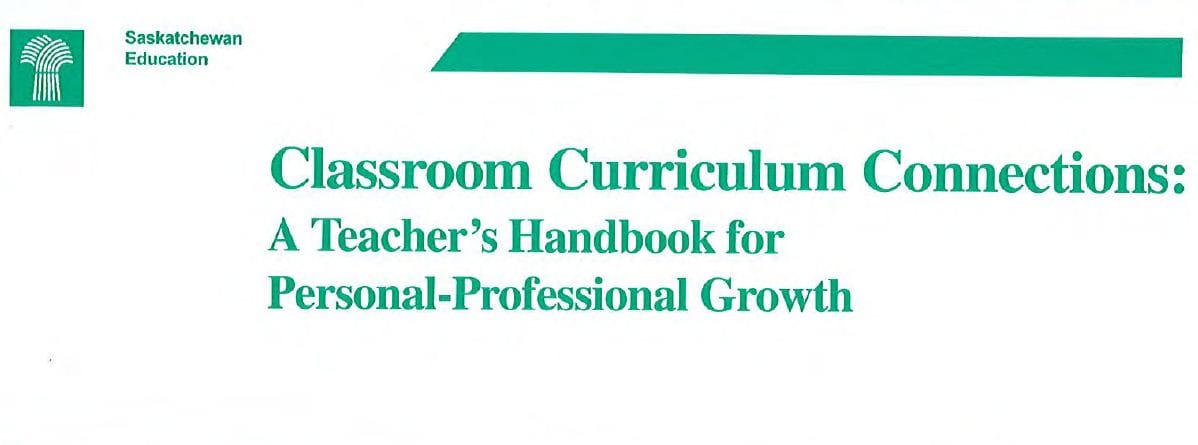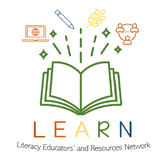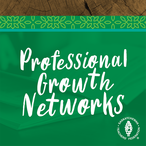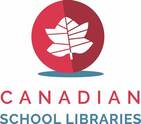Leadership in Inquiry
|
Inquiry flourishes as a disposition to learning and in the stance or approach of the teacher as both a professional learner and instructor. A culture that nurtures teachers as inquirers, and that has a clear vision to support inquiry, provides a context in which teachers will encourage students as inquirers. The following examples provide opportunities to observe the work of teacher-librarians, teachers, and school-based administrators, and to recognize the system-wide change needed to support the evolution of inquiry that is both collaborative and reflective.
Teacher-Librarians Building a Culture of Inquiry Qualified teacher-librarians are knowledgeable about teaching and using inquiry. As well as helping design curricular units through an inquiry lens, teacher-librarians can support teachers in the design of inquiry units, teach specific information literacy skills, provide access to real and virtual resources, assess student work and guide students to the wealth of resources offered by the library and beyond. The Ministry of Education describes the roles of teacher-librarian and school division and school based library staff (pages 25-27, and 47-49); and school library programs (pages 20-24) in Connections: Policy and Guidelines for School Libraries in Saskatchewan (2008). “A teacher-librarian wishing to provide leadership developing this kind of [inquiry] culture would benefit from addressing each of the following factors strategically:
|
School-based Administrators
Building A Culture of Inquiry School-based administrators are the instructional and administrative leaders of the school and are instrumental in creating a learning community that engages in the actualization of curricula through the school’s programs. School-based administrators need a clear understanding of inquiry and how it might look in the classroom. “As administrators support teachers in implementing curricula using inquiry learning, they may meet with teachers prior to or after they have used inquiry. Carefully planning the questions that administrators will ask the teachers is essential in supporting the thinking of teachers.” Powerful Instructional Practices, p. 8-10. The role of school-based administrators to support school library programs is detailed in the Connections: Policy and Guidelines for School Libraries in Saskatchewan (2008). The role is detailed on page 50. Teachers Building a Culture of Inquiry In an inquiry classroom, the teacher’s role is dramatically different from the traditional roles teachers have occupied in the past. The teacher is no longer the fount of all knowledge at the front of the class, but a facilitator of learning and a co-learner with the students and other educators. Rather than view curricula as a series of isolated outcomes to be met, a teacher using inquiry must begin with a global perspective on the curriculum and be able to identify the big ideas expressed through the outcomes and the many possible ways that students might come to learn those big ideas.” Powerful Instructional Practices, p.6. Many educators explore the inquiry approach as a reflective practitioner prior to engaging in an inquiry with students. Teachers may explore inquiry individually in their classroom or collaboratively with others such as the teacher-librarian, and other teachers. Teachers may explore inquiry individually in their classroom or collaboratively with others such as the teacher-librarian, and other teachers (McVittie, J., Probert, C., & Marcia Klein,2004, p.ii). Darren Fradette, principal of St. Anne’s School Inquiry-based Learning Community, provides a webinar presentation on the background of St. Anne’s Inquiry-based Learning Community and the reflections of the staff of the school as they build a culture of inquiry. |
Gallery
|
Inquiry and the Role of the Teacher-Librarian
The following clip, taken at the SSLA Conference 2012, feature educators discussing the teacher-librarian's role in fostering inquiry. |
Inquiry and the Role of the Teacher-Librarian
Geneise Petford, during the SSLA Conference 2012, discusses the teacher-librarian's role in fostering inquiry. |
Inquiry and the learning commons: Extending the ideas of Loertscher, Koechlin and Zwann Podcast
Donna DesRoches and Carlene Walter discuss ways teacher-librarians can transform their space to build an inquiry culture. |
|
Inquiry-based Learning in a Professional Development School
This professional video developed in partnership with the University of Saskatchewan provides the perspective of the professional development experience for the staff at St. Anne’s Inquiry-based Learning Community. |
Culture of Inquiry
A teacher, during the SSLA Conference 2012, discusses the building a culture of inquiry in the classroom. |
Classroom Curriculum Connections
This document describes a model for teacher-directed professional development in relation to Saskatchewan's Core Curriculum. |
